Saudi Arabia is quickly establishing itself as one of the most compelling destinations for global talent. With a booming economy, world-leading infrastructure projects, and a national push toward innovation and diversification under Vision 2030, the Kingdom offers career opportunities that are not only professionally rewarding but also socially and culturally significant.
Whether it is working on cutting-edge real estate developments like Qiddiya, Roshn, NEOM, Diriyah or the New Murabba, shaping sustainable tourism along the Red Sea coast, or contributing to transformative sectors such as healthcare, tech, and finance, professionals in Saudi Arabia find themselves at the heart of projects that matter.
Add to this the appeal of tax-free income, modern urban living, and high levels of personal safety, and it is clear why an increasing number of expats are choosing to make the move. For those curious about what life in the Kingdom looks like and what to expect if you are moving to the Kingdom, this guide offers a comprehensive starting point.
1. Visa and Work Permits
Employment Visa Process for Saudi Arabia
To legally work and live in Saudi Arabia, you will need a work visa sponsored by your employer. The process typically includes:
- A formal job offer from a Saudi employer (which is often first subject to background checks)
- Attestation of your academic and professional documents
- A medical examination
- Issuance of a work visa through the Saudi embassy in your home country (though in some cases a different visa entitling you to short-term work may be issued first – make sure to check with your employer)
Once you arrive, your employer will take steps to convert your visa into an Iqama (residency permit) which allows you to open a bank account, sign lease agreements and access healthcare services. These steps may require you to undertake an additional medical examination.
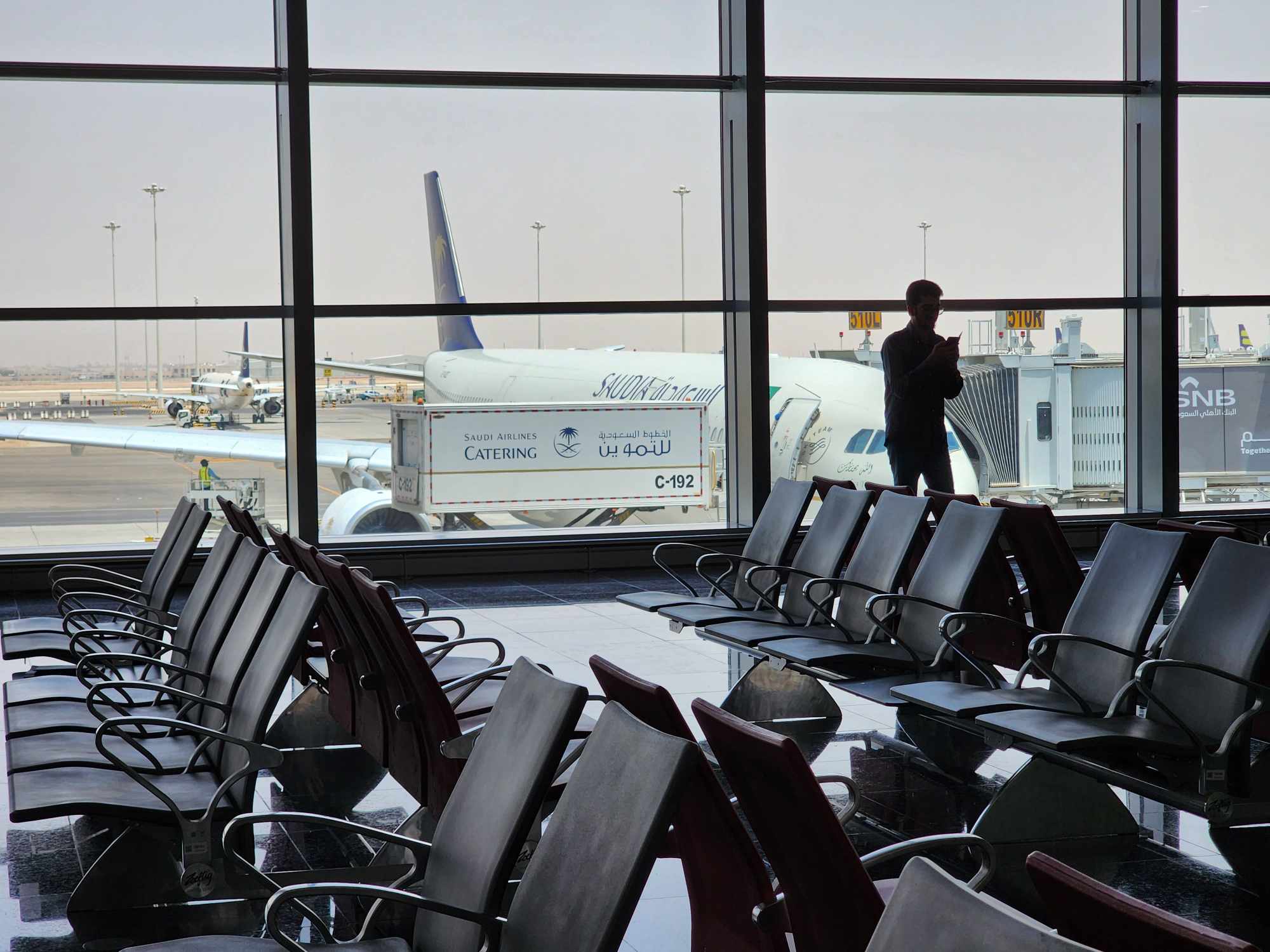
Exit Re-Entry Visa
To legally leave and re-enter Saudi Arabia, you will need an exit re-entry visa. Your Saudi employer may apply for this on your behalf or in some cases you may need to do so. The exit re-entry visa will need to be regularly renewed throughout the year depending on whether you intend to travel.
2. Cost of Living
Accommodation in Saudi Arabia
Since the launch of Vision 2030, the cost of living in Saudi Arabia has increased, particularly led by a rise in rental prices. The General Statistics Authority reported in December 2024 that apartment rental had increased by up to 12.5 percent compared to the previous year. To tackle the soaring prices, Saudi Arabia’s government is considering a cap on rent increases.
According to Knight Frank’s ‘The Saudi Report 2025’, a rental property in Riyadh will cost, on average, anywhere from SASR 80,000 for a one-bedroom apartment to SAR 183,000 for a five-bedroom villa.
This is only an average and in some cases (in compounds or upscale apartment offerings) will cost more. For example, two-bedroom apartments provided by Flow Riyadh (a more upscale rental provider) start from SAR 141,000 annually, while Knight Frank reports that the average two-bedroom property will cost SAR 85,000. As such, before accepting a job offer, make sure to research the rental market.
Below is a snapshot from Knight Frank’s report showing average annual rents across Riyadh, Jeddah and Dammam.
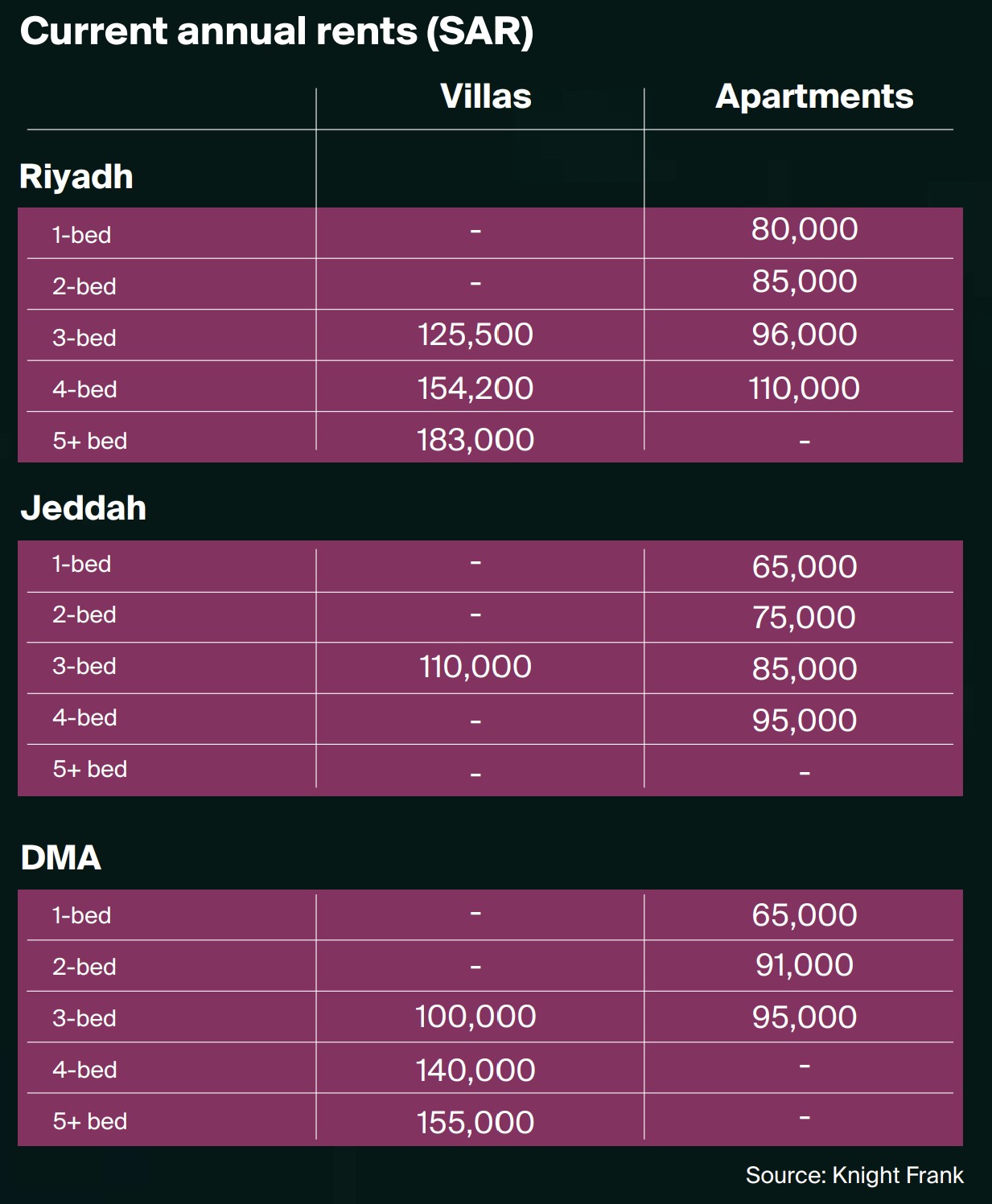
Utilities
On average, expect to pay anywhere between SAR 500-1,200 per month to cover mobile, internet, energy and water.
Groceries and Dining
Groceries and dining: Comparable to European or North American cities (and in some cases, for upper scale restaurants, more expensive in Saudi Arabia).
For example, a simple latte (no extra syrups or pizzazz) will cost you anywhere from SAR 15 (a more local coffee shop) to SAR 25 (a more high end specialty coffee shop or a chain such as Starbucks).

Transport
Fuel is inexpensive (the current price of 95 octane gasoline stands at 2.33 SAR per liter), and ride-hailing apps like Uber and Careem are widely used (though are not necessarily cheap). Riyadh also recently introduced the Metro which is a great, inexpensive way to travel across the city to the extent there are stops near you and where you need to go.
3. Accommodation Options
Expats typically choose from two main types of housing:
- Residential compounds: Gated communities with Western-style amenities, pools, and gyms. Some communities also include schools. These offer more lifestyle flexibility but at a higher cost.
- Apartments or villas: Located in local neighborhoods and more affordable. More recently, there have been “apartment compounds” introduced that offer a range of amenities and furnished apartments, but these tend to be more expensive. Apartment-living (particularly outside such “apartment compounds”) is suitable for expats looking to integrate more with local culture.
4. Healthcare and Insurance in Saudi Arabia
Saudi Arabia offers high-quality healthcare.
Employers are required by law to provide health insurance, which usually covers:
- General consultations
- Specialist treatment
- Hospital care and emergency services
Some packages may include dental, optical, and maternity care. Check with your employer what health insurance packages are offered to you as part of your employment.
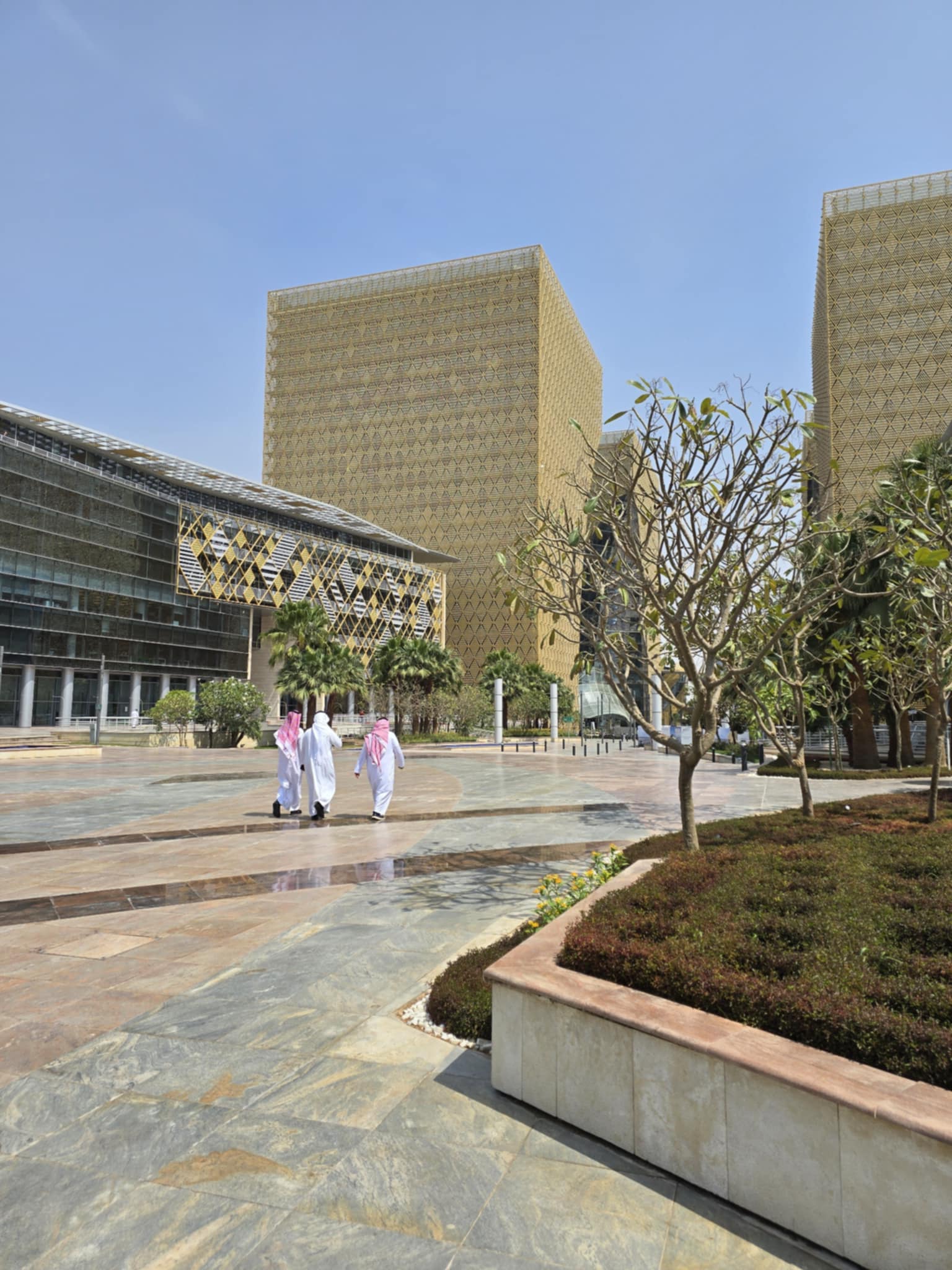
5. Cultural Expectations and Social Norms in Saudi Arabia
Religion and Dress Code
Saudi Arabia is an Islamic country. Respect for religious and cultural practices is important.
- Women are not required to wear the abaya, but modest dress is expected.
- Men should avoid wearing shorts in formal or public settings.
- Public displays of affection are discouraged.
Workweek
The working week is from Sunday to Thursday.
Friday around noon is prayer time and many stores and establishments may be closed during prayer time.
Key Holidays and Cultural Events in Saudi Arabia
- Ramadan: Expect shortened work hours and limited public eating during daylight.
- Eid Al-Fitr and Eid Al-Adha: Public holidays following Ramadan and Hajj.
- Saudi Founding Day (February 22): Marking the establishment of the Saudi state in 172.
- Saudi National Day (September 23)
6. Social Life and Entertainment in Saudi Arabia
Saudi Arabia’s entertainment landscape has transformed in recent years. Today, locals and expats enjoy a variety of cultural and social experiences.

What to Expect
- Cinemas showing international, regional and local films.
- Mixed-gender dining and social spaces are the norm.
- Live events, concerts, and cultural festivals like Riyadh Season and MDLBEAST.
- A wide variety of cafés, malls, and restaurants.
- Outdoor activities such as hiking, diving, and desert excursions.
- Destinations like AlUla, Abha, and the Red Sea coast offer weekend getaways filled with nature and culture.
- Global flight connectivity.

Popular Tech and Digital Life
Internet is fast and reliable in major cities Top mobile providers include STC, Mobily, and Zain
Must-have apps: Absher (government services), Nafath (government services authentication app) HungerStation and Jahez (food delivery), Uber or Careem (ride-hailing)
7. Language and Communication
Arabic is the official language, but English is widely used in business, healthcare, and education. Learning basic Arabic can help with daily life and build stronger relationships in the community, but is not necessary.
8. Taxes and Banking
There is no personal income tax for individuals working in Saudi Arabia. However, VAT at 15 percent applies to most goods and services.
To open a bank account, you will need at least the following (check the bank you are applying to for full requirements):
- A valid Iqama
- A local mobile number
- Proof of residence
- A salary certificate from your employer
- Leading banks include Al Rajhi, SAB, SNB, Riyad Bank, and Alinma.
9. Safety and Security in Saudi Arabia
Saudi Arabia is considered one of the safest countries in the region. Cities are well-policed, and violent crime is rare. Most expats, including women and families, report feeling safe both in urban and residential environments.
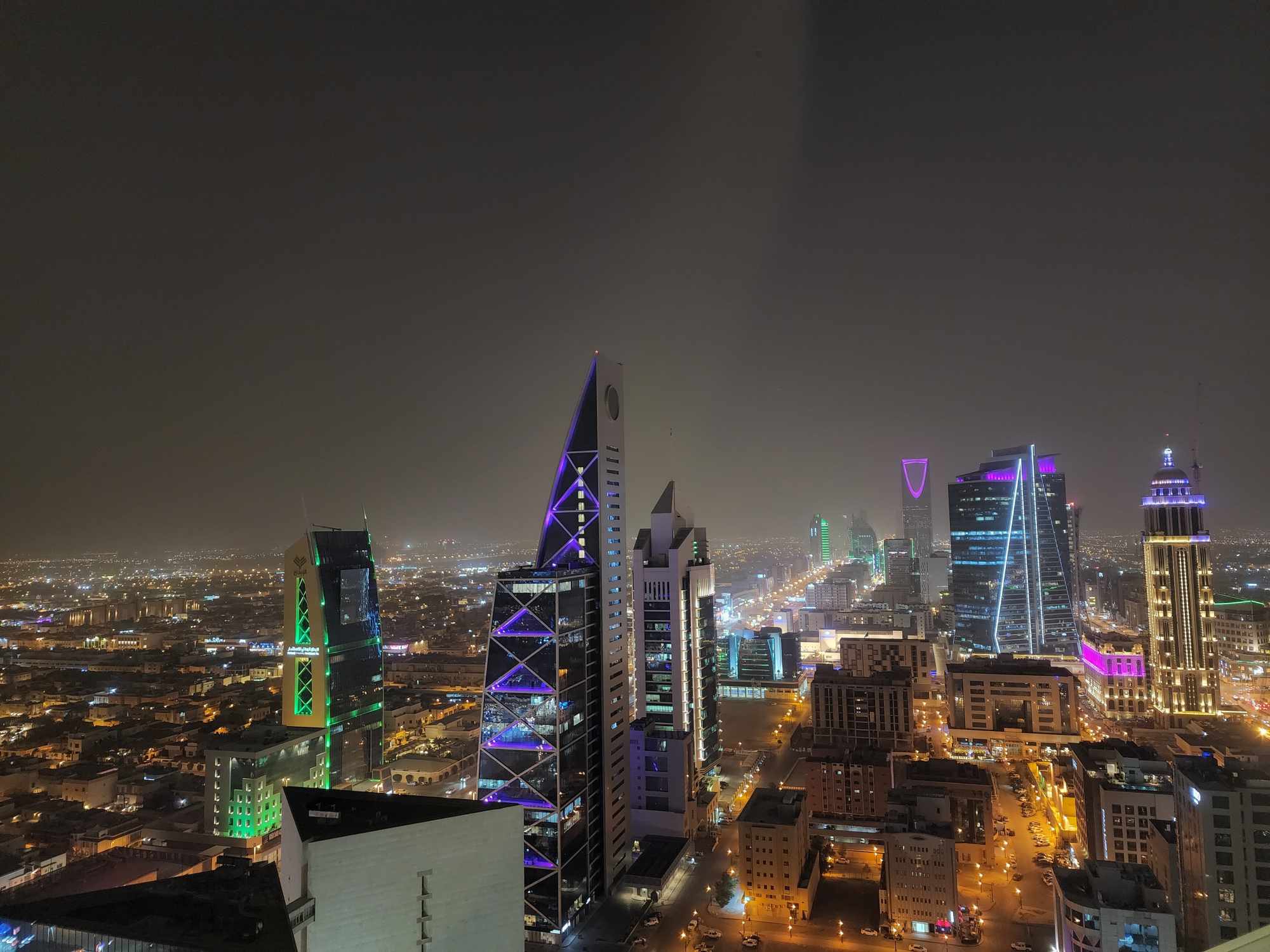
10. Arrival Checklist for Expats
To help you settle in smoothly, here is a checklist of key tasks (in no particular order):
- Set up a mobile number and internet
- Complete Iqama procedures with your employer
- Register for Absher (government portal)
- Open a local bank account
- Get your health insurance card
- Secure housing or accommodation
- Locate nearby clinics, schools, and grocery stores
- Consider getting a driver’s licence
11. Frequently Asked Questions (FAQs)
Can women drive in Saudi Arabia?
Yes. Women have been legally allowed to drive since 2018 and can obtain licenses locally or convert valid foreign licenses.
Is alcohol allowed in Saudi Arabia?
No. Alcohol is prohibited (though may be found in foreign embassies during embassy events). Possession or consumption can result in fines, detention, or deportation. You must also not bring into the country any alcohol or pork products.
Can I bring pets?
Yes. Many expats bring cats or dogs, though some breeds are restricted. Check with your airline and local regulations.
Are international schools available?
Yes. Major cities have schools offering a variety of global curricula. Admission is competitive, so apply early.
Is it safe to walk around at night?
Yes. Like any city, exercise caution, but crime rates are low.
Final Thoughts
Saudi Arabia is at the center of an ambitious national transformation, creating opportunities for professionals who want to be part of projects with long-term impact. With competitive salaries, a growing cultural and entertainment sector, world-class infrastructure, and a welcoming attitude toward skilled workers, the Kingdom is becoming an increasingly attractive place to build a career and a life.
While moving to a new country comes with challenges, those who come to Saudi Arabia with an open mind and willingness to adapt often find a rewarding, dynamic, and enriching experience.


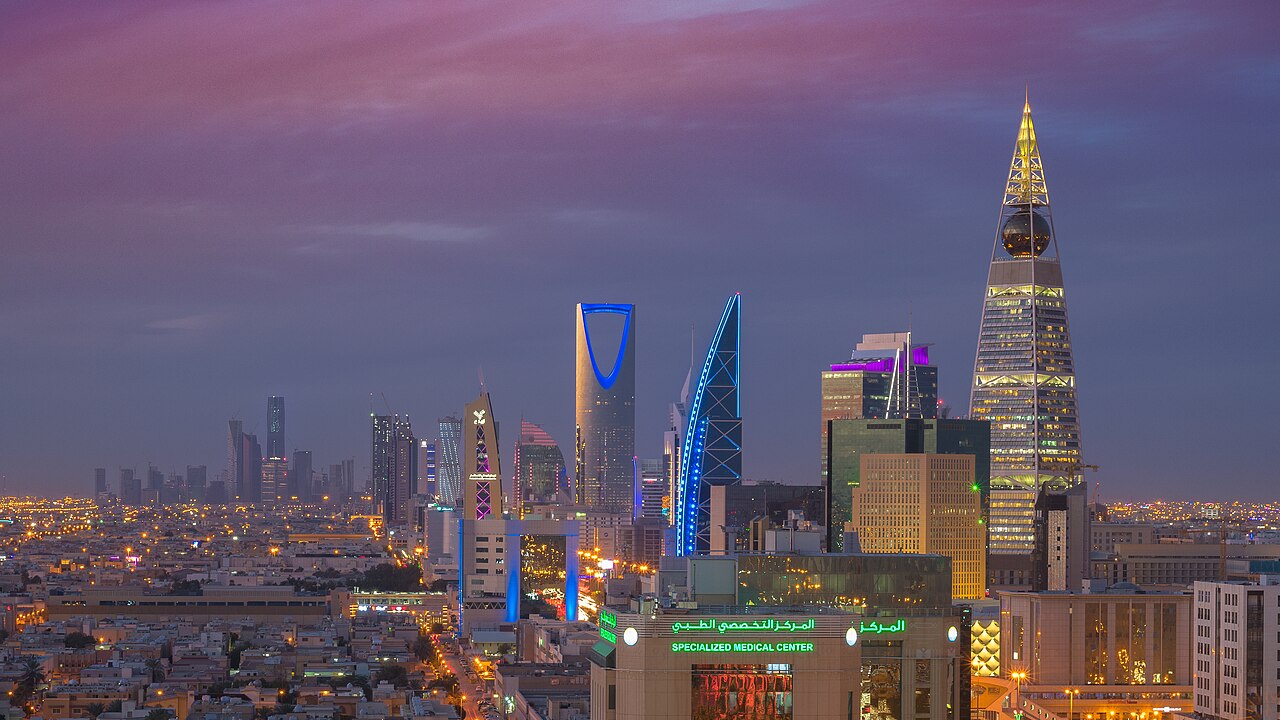


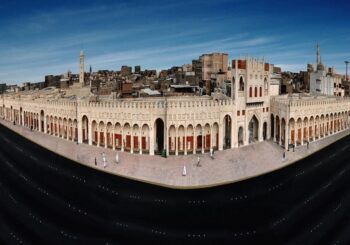

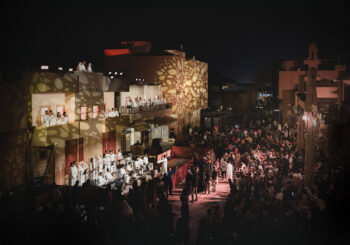
Comments (0)